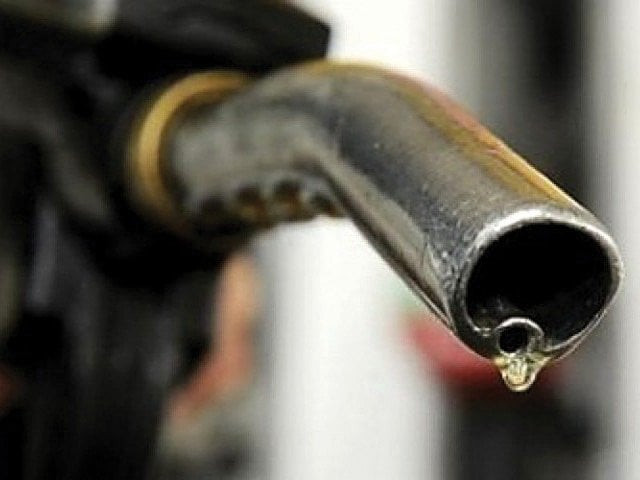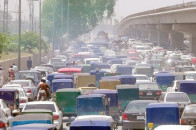Price hike hits hard... once again
Rates of grocery items see hikes even before rise in petroleum prices

PHOTO: FILE
Despite the tall claims by the local administration on controlling the prices of essentials, the rates of grocery items have witnessed a hike even before the rise in petroleum prices. The prices in the wholesale markets have been increased due to reduced production and weather factors.
Ambiguity in the government’s policies and the fluctuation in dollar rate impacted the market too and the middlemen have also played a significant role in it. A surge in demand for the products has also caused further price hike.
The price of white lentils in the market has increased from Rs20,000 to Rs21,000 per 100 kilogrammes while the price of red lentils has increased from Rs9,500 to Rs10,500 500 per 40 kilogrammes. The rate of black gram has increased from Rs13,000 to Rs14,000 per 100 kilogrammes. The price of red pepper has surged from 16,000 per 40 kilogrammes to Rs18,000, wheat from Rs1,550 to Rs1,750. The rate for different pulses increased from Rs23,000 to Rs24,000 per 100 kilogrammes, while the rate for the split Bengal gram has increased from Rs12,000 to Rs14,000.
PSX set to increase stock price cap to 7.5%
Similarly, the price of ghee has increased by Rs12 in one week.
Sources have revealed that the district government has formed a strategy to control prices in the wholesale market. However, no effective price control mechanism could be implemented so far.
Ali Chawla, a merchant and trades in commodities in Multan wholesale market, said Pakistan was an agricultural country but the government had different priorities and the sector was ignored, therefore, the prices of agricultural products have increased.
He explained that pulses like split Bengal gram, green lentils, red lentils, white gram and beans were being imported to Pakistan but this year, untimely the import of pulses decreased prices have risen. The government has not given relief to the agriculture sector in the budget.
Due to the lack of rate and policy stability, farmers have also reduced pulse crops due to which prices increased in the market.
Govt reduces fuel prices for December
Apart from this, the biggest disadvantage is that the residential colonies were now being built on agricultural land. The government has put a lot of pressure on imports.
He added that due to the absence of white money in this field, people refrain to invest in agriculture. Due to a higher demand of pulses in India as compared to Pakistan, the prices of pulses have surged in the international market which impacted the national market as well.
Moreover, the prices set by Lahore deputy commissioner were not encouraging that was why the local wholesaler shop keepers could not sell grains at low prices. He said the government should review agricultural policy so that the common man could benefit from it.
Published in The Express Tribune, January 4th, 2020.



















COMMENTS
Comments are moderated and generally will be posted if they are on-topic and not abusive.
For more information, please see our Comments FAQ